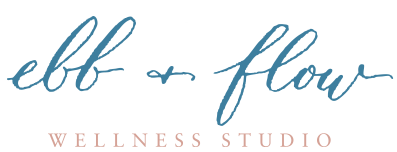Emotionally Free Children by Dr Maxine Therese
“We want every child to have a free flowing life. An emotionally aware child is a free child”.
Dr. Maxine Therese.
To support the emotional awareness and freedom in children it is important that adults have
an understanding of their own emotional life. However, by the time most people get to adulthood --when they become parents or teachers -- they can be removed from their feeling
nature. Life's challenges often necessitate certain thought patterns, beliefs and ways of relating -- that are protective and reactive -- rather than open and flowing.
All children begin life guided by their feelings and they interpret life based upon these feelings.
When children can remain connected in feelings and thoughts they can remain in the flow and move through life with ease and in an integrated way. If we can support children to value
their important body information and felt sensations, which requires parents and teachers be in
the question, with children to be in a state of wonder -- we can begin to know more deeply into
what children are indicating about their needs. Every symptom, issue or challenge of the child
contains an important message about his or her needs.
When adults know that a specific unmet need lies beneath children's behaviour, children don't need to keep expressing unease and imbalance. If children do become imbalanced we can support them back to a state of balance more easily by helping them to understand the unmet need beneath the behaviour.
In a very real way, children can be freed from the loop of seeking to be seen, heard, recognised
and appreciated if they are given the space to explore the important message of their feelings.
Children are empowered when they come to know that every symptom, issue or emotional
challenge they face is tied to an unmet need.
The Foundational Needs Model outlined in the recently released book The Push for a Child Philosophy was developed by Dr. Maxine Therese and offers a research based framework that accounts for the many expressions and behaviours of children and the corresponding underlying unmet needs.
The Foundational Needs Model also underpins the Children's Wellbeing System - Childosophy a therapeutic approach used by trained practitioners to support children's wellbeing from a holistic perspective
The Foundational Needs Model has recently been combined within a Yoga program for children called FlowChild Yoga. Flow Child Yoga is the fusion of the research and practical experience of Dr. Maxine Therese and the theory and practice based yogic wisdom of Di Meade. Through the various practices, poses and class format of the Flow Child Yoga program, children are supported to remain whole, which practically means hey are supported to remain in the flow of their feelings, thoughts and actions.
When the child can remain whole as they grow they do not experience extreme imbalance.
The Foundational Needs Model, is a map that ensures that children's wellbeing becomes part of what we are naturally cultivating in children always and the problems, issues and symptoms do not have to keep sending the message of imbalance
Our children no longer have to doubt what they feel - as they come to know that their feelings are sending vital indications and much wisdom about what they need.

